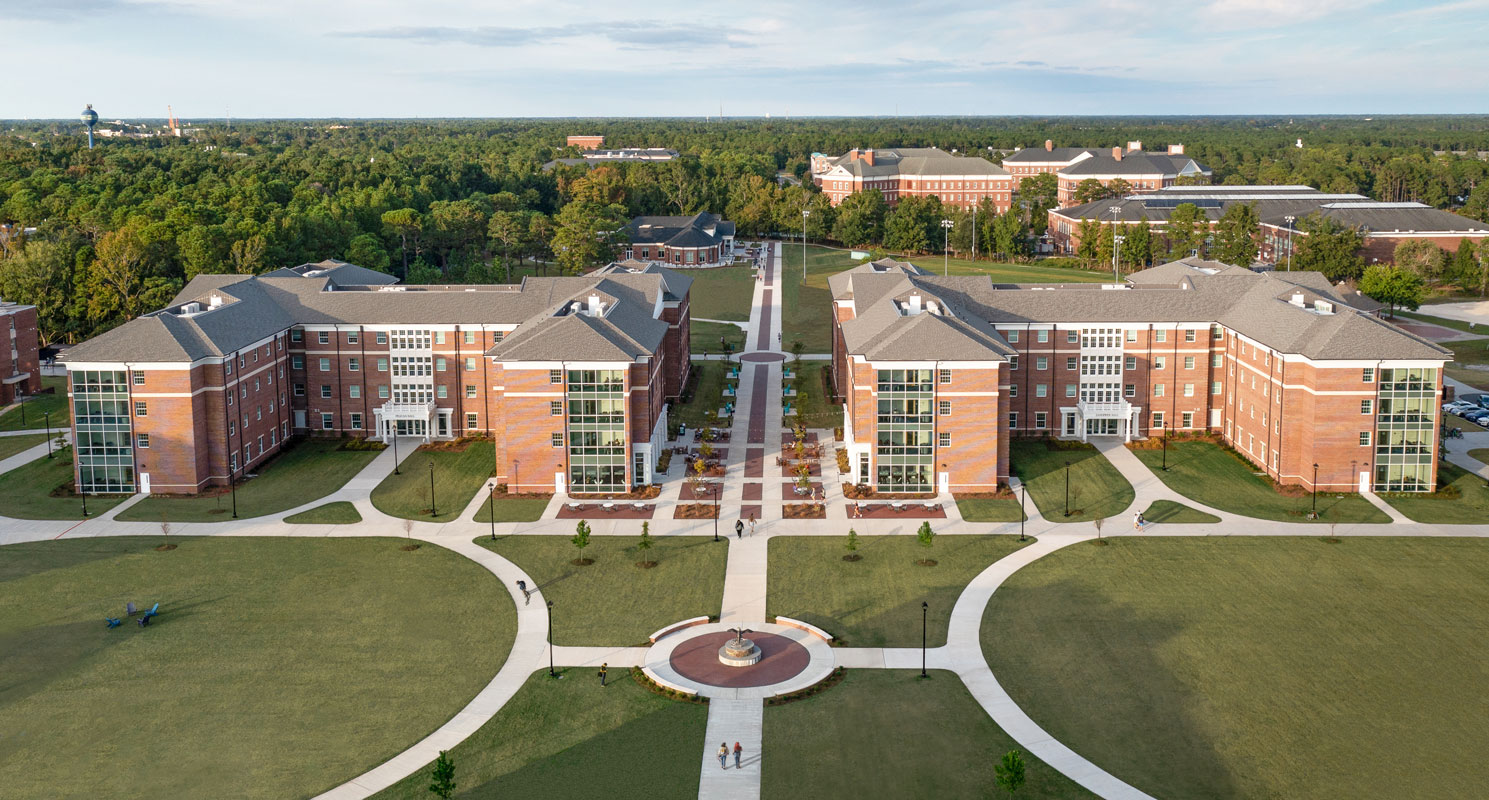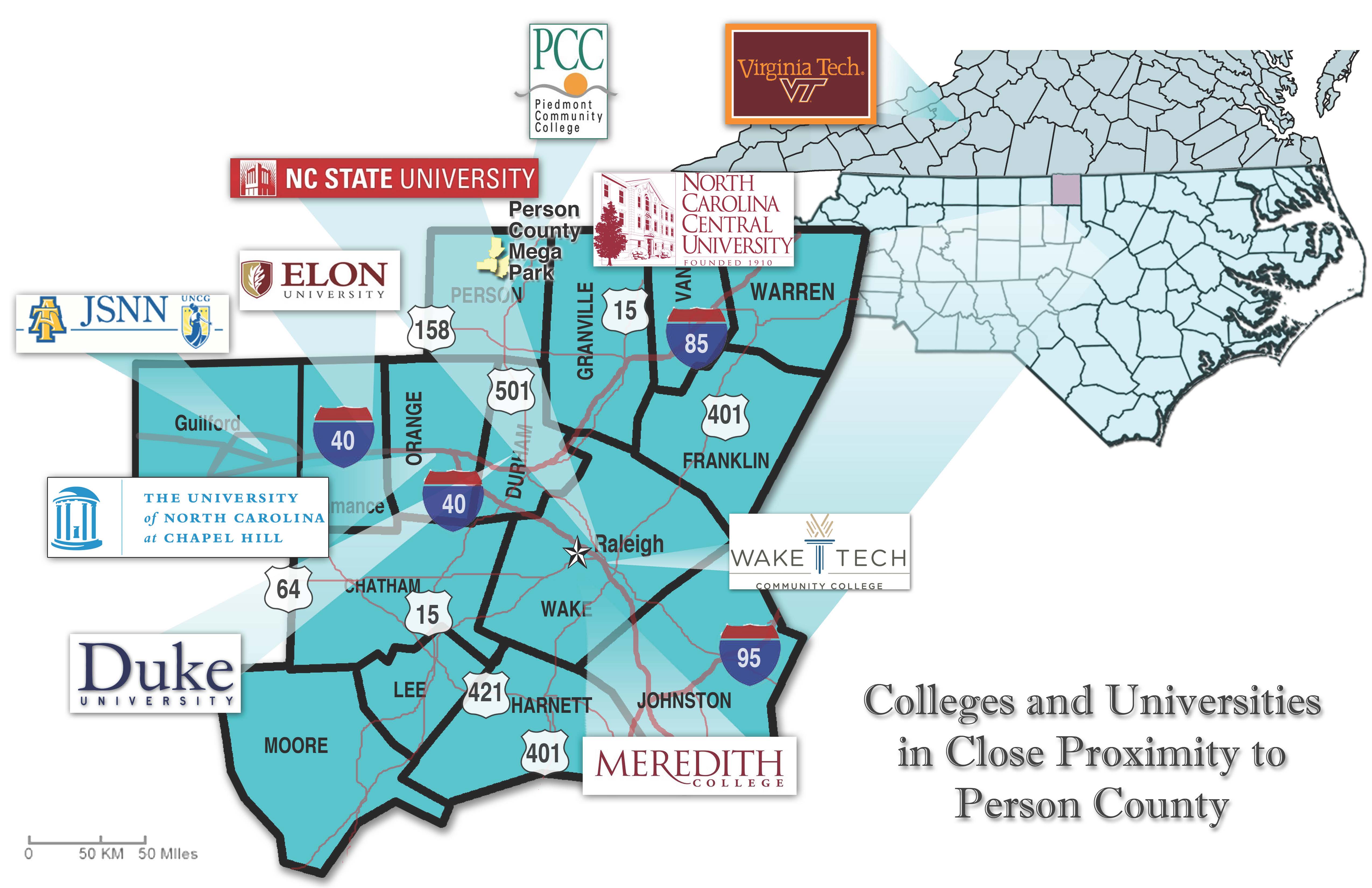Navigating the Landscape of Higher Education: A Guide to North Carolina Universities
Related Articles: Navigating the Landscape of Higher Education: A Guide to North Carolina Universities
Introduction
With enthusiasm, let’s navigate through the intriguing topic related to Navigating the Landscape of Higher Education: A Guide to North Carolina Universities. Let’s weave interesting information and offer fresh perspectives to the readers.
Table of Content
Navigating the Landscape of Higher Education: A Guide to North Carolina Universities

North Carolina boasts a vibrant tapestry of higher education institutions, offering diverse academic pathways and enriching experiences for students from all walks of life. Understanding the landscape of these universities is crucial for prospective students, their families, and anyone interested in the state’s intellectual and economic growth. This article provides a comprehensive overview of North Carolina universities, exploring their unique characteristics, strengths, and the benefits they offer.
A Geographic and Academic Tapestry:
North Carolina’s university landscape is as diverse as its geography, spanning from the bustling urban centers to the serene mountains and coastal regions. This diversity is mirrored in the academic offerings, encompassing a wide range of disciplines, from traditional liberal arts to cutting-edge STEM fields.
Public Universities:
- The University of North Carolina System: The flagship institution, the University of North Carolina at Chapel Hill, stands as a beacon of academic excellence, renowned for its strong research programs and distinguished alumni. The system also comprises 16 other public universities, each with its own unique identity and strengths. These include institutions like North Carolina State University in Raleigh, known for its engineering and technology programs, and Appalachian State University in Boone, renowned for its outdoor recreation and mountain-focused programs.
- North Carolina Agricultural and Technical State University: As the nation’s largest historically Black land-grant university, A&T offers a diverse range of academic programs, emphasizing science, technology, engineering, and mathematics.
- East Carolina University: Located in Greenville, ECU is a comprehensive university with a strong focus on health sciences, business, and education.
- Western Carolina University: Nestled in the scenic Blue Ridge Mountains, WCU offers a unique blend of academic programs and outdoor opportunities.
Private Universities:
- Duke University: Located in Durham, Duke is a prestigious private university known for its exceptional research facilities and graduate programs.
- Wake Forest University: Situated in Winston-Salem, Wake Forest is a highly selective university with a strong emphasis on liberal arts and undergraduate education.
- Davidson College: Known for its rigorous academic environment and close-knit community, Davidson is a small liberal arts college located in Davidson.
- Elon University: Situated in Elon, Elon is a medium-sized university with a strong focus on experiential learning and its innovative Elon Edge program.
Specialized Institutions:
- North Carolina School of the Arts: Located in Winston-Salem, this prestigious institution specializes in the performing arts.
- North Carolina State University College of Veterinary Medicine: A leading veterinary school, located in Raleigh.
- Campbell University: A private university with a strong focus on health sciences and law.
Beyond the Map: Understanding University Strengths:
While a map can visually depict the locations of these institutions, it’s crucial to delve deeper to understand the unique strengths and offerings each university brings to the table.
- Academic Programs: Universities in North Carolina excel in a variety of disciplines, offering highly competitive programs in STEM fields, business, humanities, social sciences, and the arts.
- Research Opportunities: Many universities, especially those within the UNC system, are renowned for their research capabilities, providing students with opportunities to participate in groundbreaking projects.
- Faculty Expertise: North Carolina universities are home to distinguished faculty members, renowned scholars, and industry experts, offering students access to cutting-edge knowledge and mentorship.
- Campus Culture: Each institution fosters a unique campus culture, ranging from the vibrant and diverse environments of urban universities to the close-knit communities of smaller liberal arts colleges.
- Location and Amenities: From bustling cities to peaceful towns, universities in North Carolina offer a variety of location options, each with its own unique set of amenities and opportunities.
FAQs about North Carolina Universities:
Q: How do I choose the right university for me?
A: Choosing a university is a personal decision based on individual goals, interests, and preferences. Consider factors such as academic programs, research opportunities, campus culture, location, and financial aid options.
Q: Are there any online resources available for researching universities?
A: Yes, numerous online resources can help you research universities, including official university websites, college ranking websites, and online forums.
Q: How can I get more information about specific universities?
A: Contact university admissions offices directly, attend virtual or in-person campus tours, and speak with current students to gain firsthand insights.
Tips for Navigating the University Landscape:
- Start your research early: Begin exploring universities well in advance of your application deadlines.
- Visit campuses: If possible, visit campuses in person or virtually to experience the atmosphere and talk to students and faculty.
- Attend college fairs: College fairs offer a chance to meet representatives from various universities and gather information.
- Seek guidance from counselors: High school counselors, college advisors, and family members can provide valuable support and advice.
- Focus on fit: Choose a university that aligns with your academic goals, personal interests, and values.
Conclusion:
The diverse landscape of North Carolina universities offers a wealth of opportunities for students seeking higher education. By understanding the unique strengths and offerings of each institution, students can make informed decisions that align with their aspirations and pave the way for a successful future. As you navigate this landscape, remember that the right university is not just about location or prestige, but about finding the place where you can thrive academically, personally, and professionally.







Closure
Thus, we hope this article has provided valuable insights into Navigating the Landscape of Higher Education: A Guide to North Carolina Universities. We hope you find this article informative and beneficial. See you in our next article!